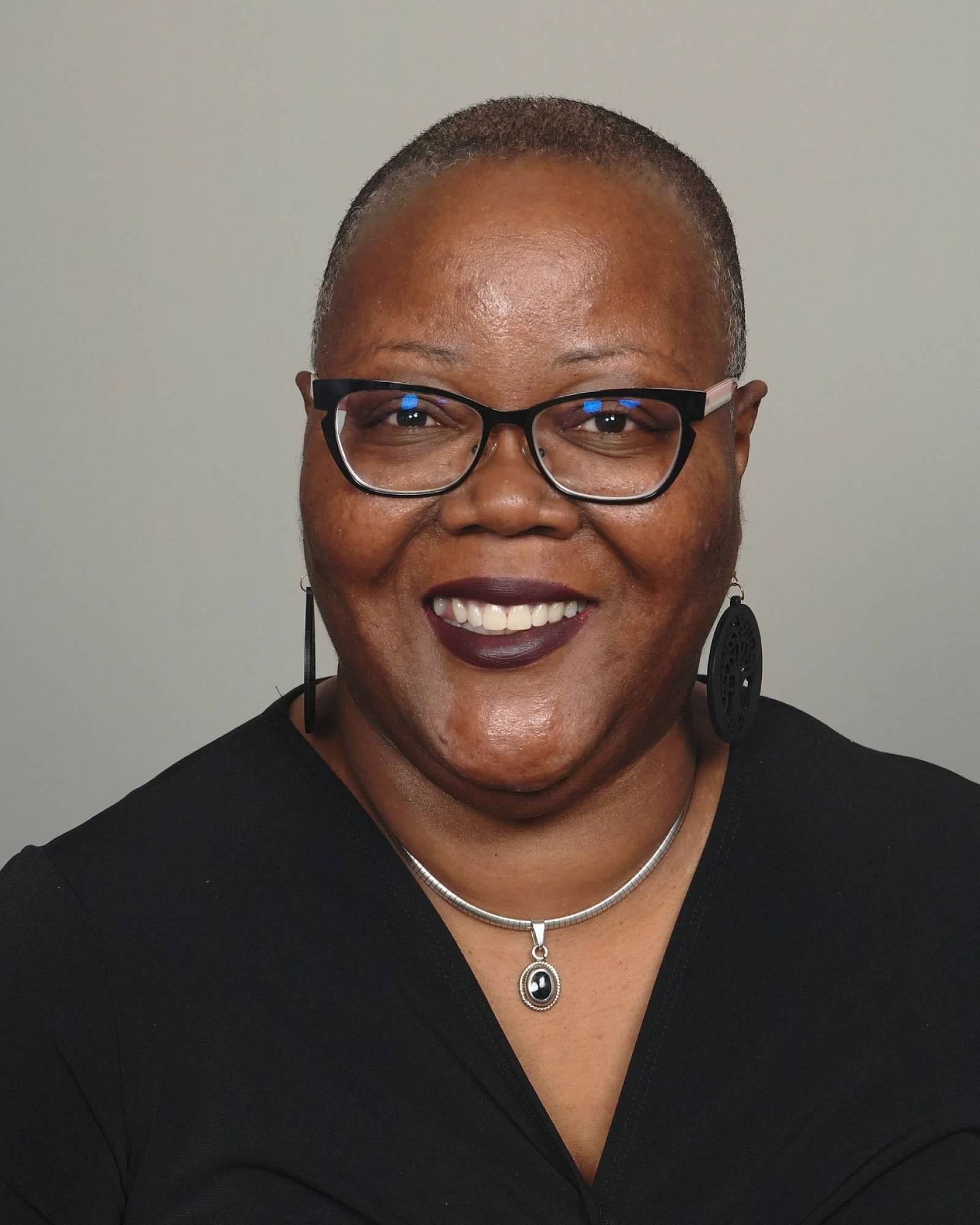Tea, Connections, and Necessary Conversations

Recently, I discovered “tea mindfulness,” the term I use for turning the time used in making and drinking tea into moments of meditation. While I have enjoyed tea mindfulness as a means of intentionally thinking and reflecting, I wanted to move beyond the personal practice and engage others in mindful conversation. I started imagining what tea mindfulness might look like in community.
Making and sharing tea is an act of hospitality. I thought intently on how to be mindful, intentional, and hospitable while incorporating the practice of drinking tea with my students and colleagues. I considered my Human Diversity course where we encounter, engage, and explore difficult topics which sometimes lead to cognitive dissonance. In a nutshell, Human Diversity builds cultural competence by increasing student’s self-awareness and cross-cultural awareness.
Modifying a tea mindfulness practice in the classroom by focusing on mindful conversation and group engagement seemed like a winning strategy for cultivating cultural competence. It would give us the opportunity to engage meaningfully while nurturing appreciation for each other. Thus, the beginning of “Tea, Connections, and Necessary Conversation.”
As students entered the classroom, they would encounter a tea station with hot water, an assortment of teas, sweeteners, creamers, lemon wedges, and snacks. At each student’s seat I placed a menu highlighting the variety of teas available, along with an index card. Students moved toward their seats, wondering what was going to happen next. Once everyone had arrived and was seated, I welcomed them to participate in Tea, Connections, and Necessary Conversation, offered directions, and facilitated the process for each student to prepare their tea of choice.
One by one they approached the tea station, requested their tea bag, doctored their drink, and engaged in small talk before returning to their seats. After everyone was served, the connections began. Present were: Daniel and DeAndre, twin brothers and basketball players from Metro-Detroit; Josephina, a business major from Grand Rapids; Carl, a thirty-five-year-old non-traditional student who serves as a resident assistant on campus; Abbie, a homeschooled freshman in her second semester; Aisha, an exceptional athlete, who is making her mark on the women’s basketball team; and Eli, a student from a homogenous rural community in Northern Michigan.[i] These are a few of my Human Diversity students whose differences brought them together at Kuyper College.
My intention for Tea, Connections, and Necessary Conversation was to provide an opportunity for the students to link up, interface, and join together in dialogue to learn more than surface-level information through engaging, exploring, and experiencing an interchange of thoughts about their similarities, differences, and even points of cognitive dissonance.
As students paired up I simulated a “speed dating” activity. I asked a series of questions, where students could enter into short conversations to compare and contrast their interests, insights, perspectives, and experiences. Following two to three minutes of interaction, students would find a new partner and begin a new conversation. The classroom buzzed with excitement, motivating the shyest students to share and dialogue in genuine ways. Questions/prompts included:
- Tell me about some traditions or rituals your family participates in? Are there new traditions or rituals you would like to introduce to your family?
- Identify three things you and your conversation partner have in common. Although you share these commonalities, how do you express them differently?
- What is one word in the English language that irritates you when you hear it? What is another word you could use to replace it?
With each question, communication grew deeper, mutual respect increased, and opportunities for connection beyond the classroom became a possibility. The start of necessary conversations began with tea and connection and continued throughout the semester.
Human Diversity is a challenging course; it encourages reflection on the difficult truth that we harbor bias and prejudice, engage in racist thinking, and use microaggressions in our daily lives. We spend time confronting these fallen parts of ourselves and identify ways to become our best selves with the Holy Spirit’s advocacy. By engaging and exploring the seven dimensions of diversity (gender, age, ability, religion, race/ethnicity, sexual orientation, class) and the oppression associated with each one, we covenant to love God, others, and ourselves, and seek liberation. This is not an easy task, but Marianne Williamson encourages us by saying – “As we let our own light shine, we consciously give other people permission to do the same. As we are liberated from our fear, our presence automatically liberates others” (A Return to Love [HarperCollins, 1996]).
Necessary conversations are those dialogues that are initiated after the introduction of stories of hard history, culture, and personal experiences. Asking questions, actively listening, and sometimes agreeing to disagree, we grow in self-awareness and cross-cultural awareness and build our cultural competence. Tea, Conversation and Necessary Conversations intentionally provided opportunities for some students to speak to each other for the first time, hear each other’s stories, gain an understanding of one another, and have fun. In one student’s words, “While drinking Jasmine Green tea, relationships became deeper, joy came forth, friends were made.”
Notes & Bibliography
[i] Names of students changed to protect privacy.
About Richelle B. White
Lifelong learner and youth advocate, Rev. Richelle B. White, Ph.D. is a preacher, pastor, teacher, writer, consultant and life coach. She serves at Kuyper College as Professor of Youth Ministry. She is an associate minister at First Community African Methodist Episcal Church in Grand Rapids, Michigan. For more than 30 years, Dr. White has served children, youth, and young adults as an elementary school teacher, after school program coordinator, teen counselor, summer camp director, mentor, curriculum, youth program director and pastor. Richelle’s life mission includes—“Equipping and empowering God’s people in discovering their true identity and purpose on their journey toward human flourishing”